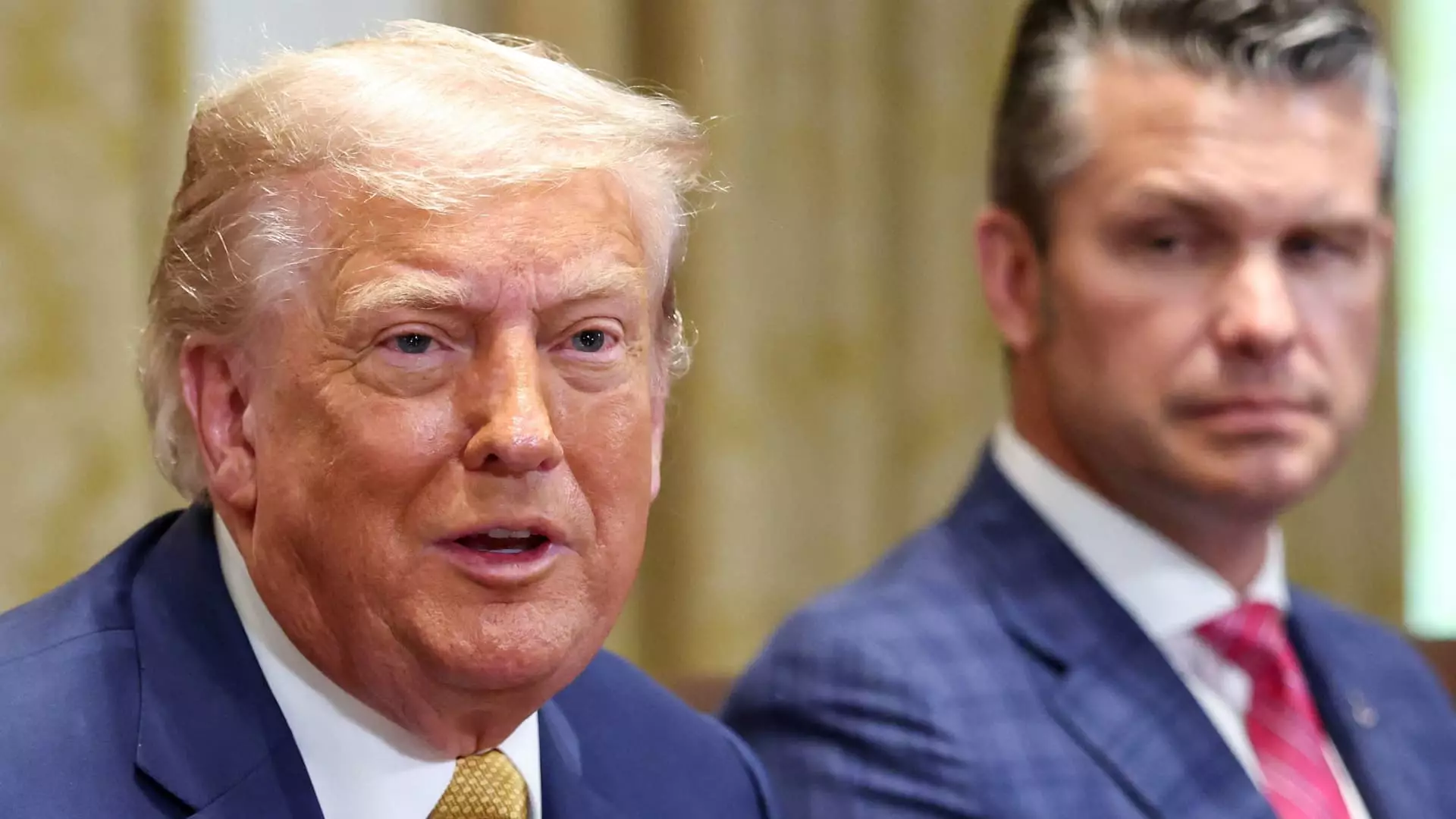The recent saber-rattling by President Trump regarding imposing up to 200% tariffs on pharmaceuticals reveals a dangerous misunderstanding of how global trade policies function and their profound impact on American consumers. While echoes of nationalism may appeal to some, resorting to punitive tariffs on essential medications demonstrates a misplaced prioritization of protectionism over pragmatic policy. Such threats, announced with vague timelines and little strategic foresight, ultimately threaten the bedrock of American healthcare stability.
Tariffs at this scale could trigger a ripple effect that disrupts the carefully balanced pharmaceutical supply chain. These drugs are the product of long, costly research, and their production relies on an interconnected global industry. Raising tariffs could inflate costs for drugmakers, discouraging innovation, and risking shortages. The assumption that tariffs automatically foster domestic manufacturing is overly simplistic and overlooks the significant financial and logistical obstacles involved in re-shoring pharmaceutical production.
The Political Maneuver or Economic Misstep?
Trump’s tentative approach—calling for a one to one and a half-year window before implementing these steep tariffs—seems more a political gesture than a carefully crafted economic solution. It’s reminiscent of previous tariff threats that often end in bluster, thereby creating uncertainty without tangible results. Pharmaceutical companies and markets have learned not to take these threats at face value, which diminishes their potential impact but amplifies the chaos they sow.
It is crucial to recognize that this approach isn’t just damaging for the industry; it directly harms American patients. Elevated prices, delayed drug approvals, or shortages could undo years of progress in healthcare, disproportionately affecting vulnerable communities. While President Trump claims these tariffs will stimulate domestic manufacturing, the evidence suggests that such protectionist policies historically lead to higher costs for consumers and less innovation, rather than the targeted job creation they envision.
Assessing the Broader Implications
Beyond immediate economic concerns, this aggressive stance without a clear plan risks undermining U.S. leadership in pharmaceutical research. Many companies are already investing heavily into the United States—partly encouraged by policies supporting innovation. However, a sudden shift towards tariffs might diminish these incentives, turning the country into a less attractive hub for industry investment.
Furthermore, the administration’s history of fluctuating positions on tariffs cast doubt on whether these threats will materialize or remain a mere bargaining chip. Yet, the mere threat destabilizes market confidence, increases unpredictability, and distracts from meaningful policy discussions about how to support domestic manufacturing sustainably. True progress requires strategic investments and policies that balance economic growth with public health needs—not reckless confrontations that threaten to plunge the country into unnecessary turmoil.
In sum, the administration’s approach to pharmaceutical tariffs illustrates a shortsighted and potentially hazardous miscalculation. Protecting Americans’ health and economic well-being requires nuanced policies rooted in collaboration and innovation, not inflammatory rhetoric and impulsive threats.

